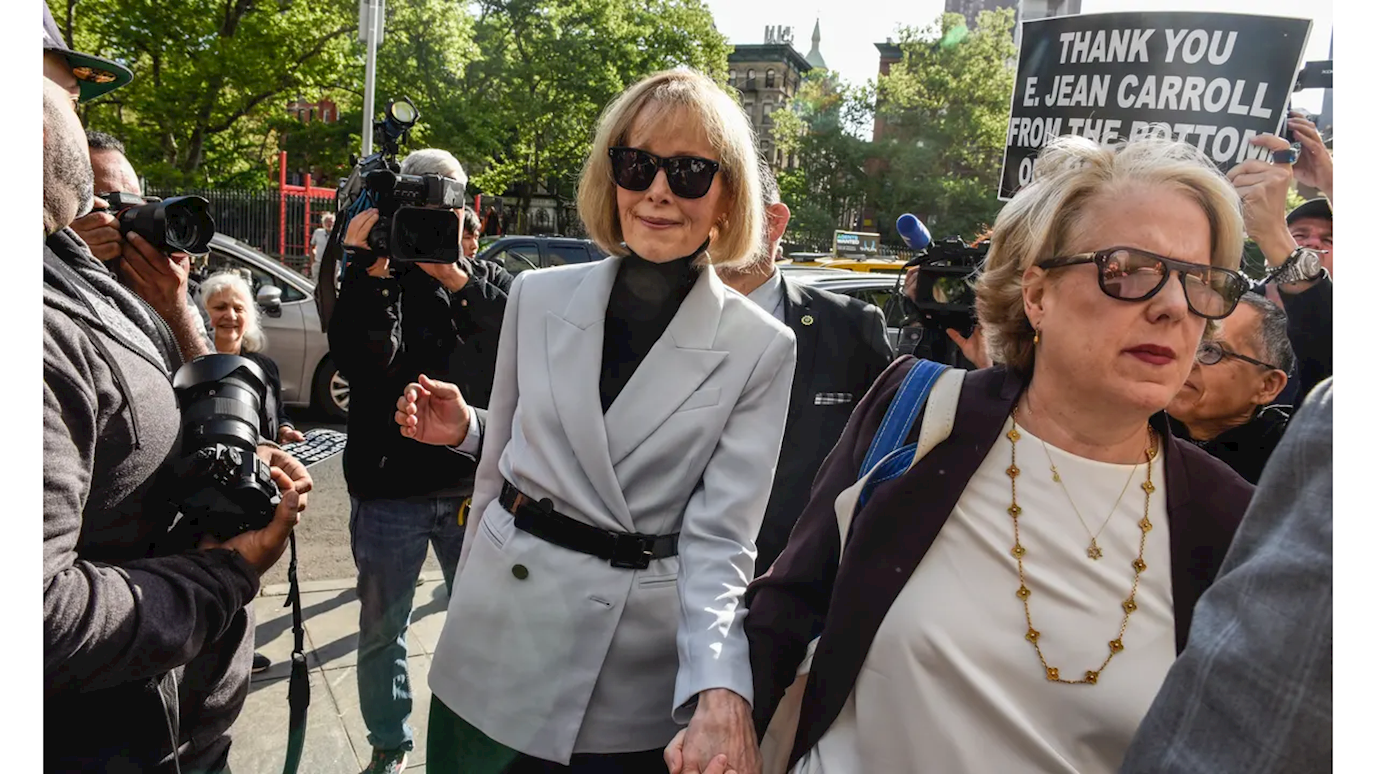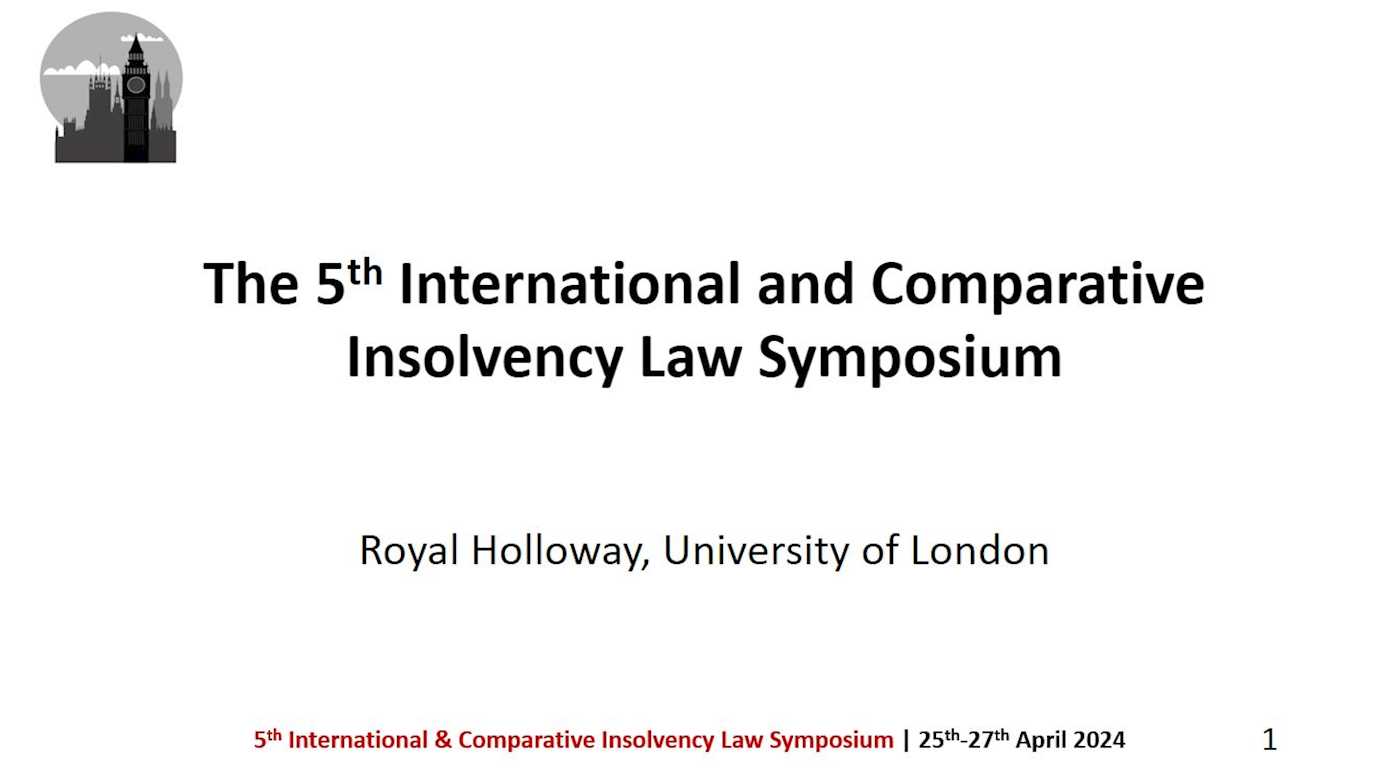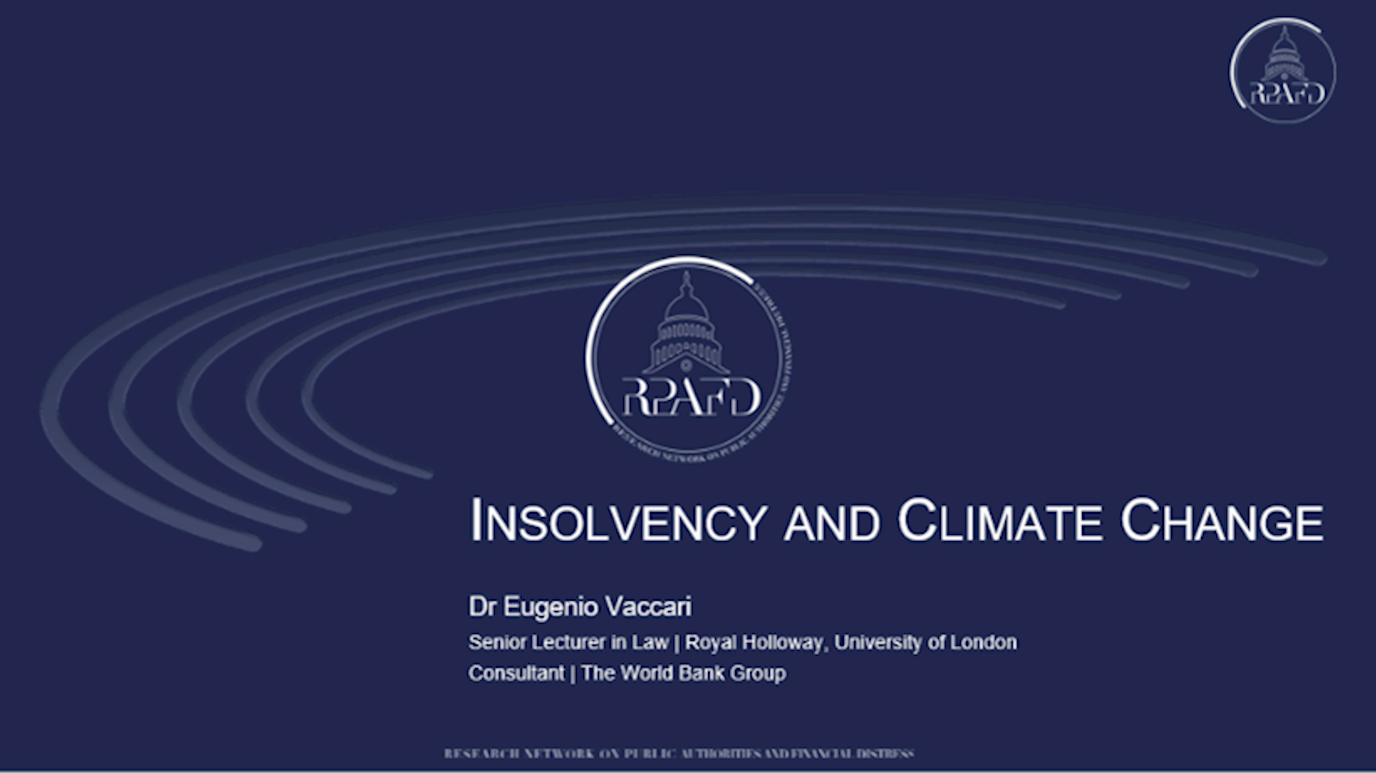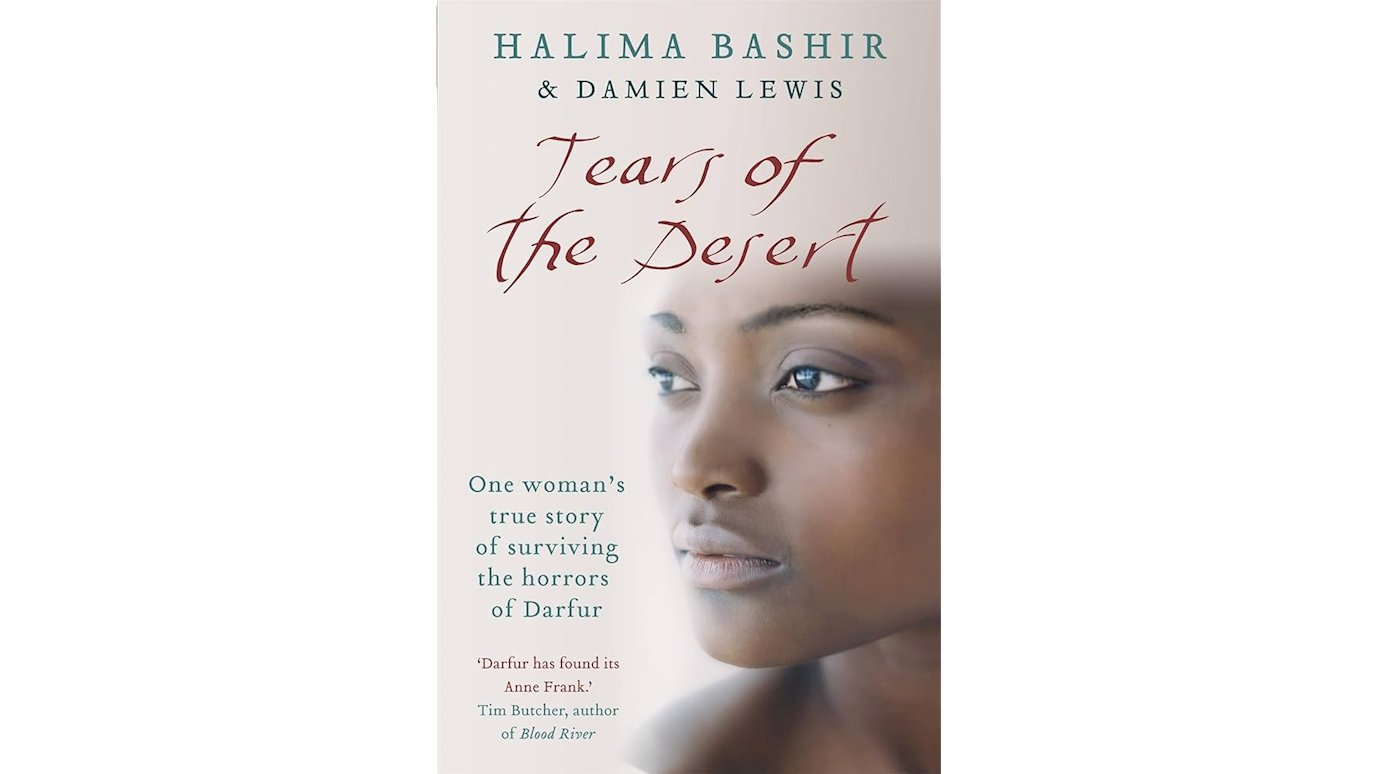In this article, Dr Jenny Korkodeilou reflects on the significance of E. Jean Carroll's legal battle against former US President Donald J. Trump for public perceptions of sexual assault and accountability.

E Jean Carroll on her way to court for closing arguments. Photograph: Stephanie Keith/Getty Images
“You have to pick the places you don’t walk away from”
Joan Didion (A Book of Common Prayer, 1977)
Based on her testimony and accounts, E. Jean Carroll, the well-known Elle magazine columnist, and, at 73, glamorous and ‘invincible old lady’, was allegedly raped by former US president Donald Trump in a changing room at New York’s Bergdorf Goodman Fifth Avenue department store in the mid-1990s. Interestingly in her accounts (and memoir) she meticulously refrains from using the word ‘rape’ and she frames what happened, as a ‘fight’. One of the many different elements that make this case important from a socio-legal perspective is that she filed a lawsuit under the newly introduced Adult Survivors’ Act, a New York law that was signed in May 2022. The law allows women/individuals who claim they were sexually assaulted to sue perpetrators for damages, regardless of when the alleged abuse took place.
E. Jean Carroll decided to go public inspired and encouraged by the #MeToo movement and revelations of waves of hidden, chronic sexual misconduct in a wide range of sectors and industries (see e.g. how Kantor and Twohey broke the Harvey Weinstein story.) Levelling a public accusation and filing a civil lawsuit (battery and defamation) against an acting US President is an act of bravery and as such it should be praised and applauded. Trump on the other hand, denied Carroll’s claim, and turned the tables by defaming her as “a nut job” and saying he could not have raped her because she was “not my type”.
Wealth, power, privilege, politics, social class - as well as age, in Carroll’s case - are at the very heart of sexual violence and should be fundamental in our attempt to understand this case where socio-economic disparities and imbalances are glaringly obvious, nuanced and concerning.
Think about the context: a famous, eclectic columnist doing her shopping at the luxurious Fifth Avenue’s store meeting and flirting with Donald Trump. Next thing, she finds herself attacked and sexually assaulted in a changing room by the former (and who knows, the future?) President. How can the jurors, in this case consisting of six men and three women, holding blue-collar jobs, relate to that? Even more so, how they can believe (even in a lower-proof threshold civil rather than criminal rape trial) that she was attacked and she did not instead consent to sex?
It is common practice, in adversarial court systems, for survivors to be disbelieved, discredited, aggressively questioned and often humiliated (e.g. having their lingerie displayed) with defendants’ lawyers employing rape myth discourses imbued with sexist stereotypical assumptions (e.g. victims made this up, seeking revenge, money, etc.) During the trial Carroll was asked why she did not scream, why she did not come forward earlier, why she was holding her purse throughout the attack, and how this could have possibly happened while she was wearing heels. Being raped equals being violated. Rape is a crime. It can alter a victim’s identity irrevocably, disrupts their beliefs about themselves and the world, and can affect every single aspect of their lives.
Carroll had to endure, as most rape victims who go through a trial, secondary stigmatisation and trauma as they have to retell, relive and re-experience the traumatic incident of rape itself and deal with the often misinformed, biased and dismissive behaviours of legal and criminal justice system professionals. This is something we as a society and scholars need to continuously consider when urging victims to come forward and report to the police, or relevant help providers. Putting perpetrators in prison is one way to go. Sexual violence though requires a bolder, more radical, overhaul; political and socio-cultural change starting with uprooting and challenging the very same structures and notions that enable and facilitate the abuse to happen.
Ultimately, the civil case found Carroll had not proved rape, but demonstrated Trump sexually abused her and she was injured by his conduct. The jury ordered Trump pay Carroll $5 million in damages; she is seeking more.
What we can take from Carroll’s case is her courage in trying to hold an acting President to account for sexually attacking her and destroying her career, life and reputation. She is living proof that this can happen to anyone, regardless of social class, race, age or wealth. Carroll had a voice and she used it, even many years on, as opposed to others who may not have the means or visibility to do so. Nonetheless, E. Jean Carroll v. Trump case is important because it teaches us to sustain our objections in the face of corruption, unfairness and injustice, and never step down. And always have further (leading) questions.
Dr. Jenny Korkodeilou is a Lecturer in Criminology in the Department of Law and Criminology, at Royal Holloway, University of London (RHUL) where she convenes and teaches a 3rd year course on 'Interpersonal Violence and Harm'. Her research expertise and interests focus on stalking and harassment perpetration and victimisation, harms, interpersonal and sexual violence, and criminal justice and social responses to these forms of abuse. She's been teaching in the higher education in the UK the last 15 years on the areas of gendered abuse, and the criminal justice system. She single-authored and published on these topics for the British Journal of Criminology (BJC) and International Review of Victimology (IRV). She also published a book on victims of stalking with Palgrave Macmillan, 2020: 'Victims of Stalking: Case Studies in Invisible Harms'.
























